That’s the approach he should have taken when he got to Nebraska in 2018. Is he truly ready to do that now? With his job squarely on the line in 2022, is he going to do the comfortable thing and hire someone who has similar philosophical viewpoints? Will we see him hire a guy like Mark Helfrich, his former boss at Oregon, who is currently an analyst for Fox Sports? Helfrich is another branch off the Chip Kelly tree. Turning the offense over to someone like that would be easy. Is it the right move, though?
I think Frost should go in another direction. Every good coaching staff promotes a collaborative culture. It’s beneficial to have coaches with various, if not complementary schematic backgrounds who have taught and defended against different schemes.
When Frost saw the regression in his offense in 2019 and decided to fire Troy Walters, he chose to double down on his core philosophy and hired Matt Lubick, when a fresh set of ideas would have benefited the offense’s growth. Hopefully, Frost learned from that mistake and is sincere in wanting to hire the best possible candidate, even if that means they aren’t of the same mind.
Does Frost target a coach who might be defined as a reclamation project? Someone who has had recent success at a high level but is now climbing their way back up the ladder? Chip Long had a nice run at Notre Dame from 2017-19 and was a finalist for the Broyles Award in 2018. He’s finishing his first year at Tulane after spending last season as an offensive quality-control analyst at Tennessee. How about Kirk Ciarrocca? He was a longtime assistant for PJ Fleck, dating back to their time at Western Michigan. He orchestrated a balanced attack with the Gophers and was a semifinalist for the Broyles Award in 2019. He left to join James Franklin’s staff at Penn State in 2020 but was fired after the Nittany Lions underperformed during the abbreviated COVID season. He’s currently an offensive analyst at West Virginia and has received a lot of praise for his work with the Mountaineers. There’s some scuttlebutt Neal Brown plans to promoted him to coordinator.
Frost could also pluck someone out of the lower ranks. Frank Cignetti Jr. (Boston College), Brian Lindgren (Oregon State), Andrew Sowder (Kent State), Brad Glenn (Georgia State), Garrett Riley (SMU), Charlie Weis Jr. (South Florida) and Mike Bloesch (North Texas) are all intriguing options. But I think Frost should aim higher. He needs immediate results and needs to bank on a coach who has already produced at a high level.
Two ideal candidates would be Alabama’s Bill O’Brien and Oregon’s Joe Moorhead. Both are bright offensive minds who have had success in the Big Ten and are thriving at their current schools. Neither would leave where they’re at to join Frost at Nebraska, however. Both are well compensated and are already on the precipice of getting another head coaching opportunity.
Would Frost target a guy like Dan Mullen if he’s fired at Florida? He should. If he has the financial okay from Alberts, as I suspect, he should swing for the fences. He should be targeting the best in the business. Guys like Jeff Lebby (Ole Miss), Andy Ludwig (Utah), Dan Enos (Maryland), Jeff Grimes (Baylor), Mike Bobo (Auburn), Phil Longo (North Carolina), Todd Monken (Georgia), Darrell Dickey (Texas A&M) and Mike Yurich (Penn State). Are they longshots, absolutely, but you miss 100% of the shots you don’t take.
I’ve identified four coaches who I think would be home run hires. I looked for coaches who run a scheme that could be blended with Frost’s core principals, and more importantly, be successful in the Big Ten as-is. They also could be incentivized into leaving their current school for Nebraska.
The first is Wake Forest’s Warren Ruggiero . He’s been with Dave Clawson since 2009 when the pair were at Bowling Green. Since arriving in Winston-Salem in 2014, Ruggiero has evolved his offense and has developed one of the best RPO-based systems in the country. Over the past five seasons, the Demon Deacons are averaging 280 yards passing and 185 yards rushing, while putting up 36 ppg.
The next two coaches are guys I’ve been fans of for a long time. I mentioned them both when Frost arrived at Nebraska in 2018, and feel even more confident they’d be good fits after their continued success since that time. Rhett Lashley is in his second season at Miami. He’s a disciple of Gus Malzahn, whose offense shares many of the same core beliefs as Frost’s. Lashlee has put his own stamp on Malzahn’s system. He chose to leave Auburn after the 2016 season so he could evolve as a coach. He spent a season at Connecticut and then two at SMU before Manny Diaz brought him to Coral Gables. His offense is a Power Spread system that meshes what he learned under Malzahn and uses passing principles taken from the Air Raid system he learned at SMU under Sonny Dykes. The 38-year-old Lashlee is widely considered one of the best young, up-and-coming coaches in the country. The Hurricanes recently fired their athletic director, Blake James, and most feel Diaz will be next. Which means Lashlee will become one of the most sought-after coordinators on the market.
I’m also a big fan of Kendal Briles , currently in his second year at Arkansas. He runs an up-tempo veer-and-shoot offense that has produced at a high level and been extremely successful everywhere he’s been. Whether its been Arkansas (SEC), Baylor (Big 12) or Florida State (ACC), he has put up huge numbers. He’s also an ace recruiter with strong ties in Texas and the southeast. He makes $1 million in Fayetteville, but the 38-year-old Briles has shown a willingness to leave for a better, if not unique situation. Like Lashlee, he’s considered a rising star in the profession.
The guy who I think would be the best hire, and perhaps the most ambitious, would be Tom Herman , who is currently an offensive analyst and special projects coach for the Chicago Bears. Herman has a similar coaching story as Frost. Both were extremely successful coordinators prior to getting an opportunity at a Group of Five school. Herman made a name for himself as offensive coordinator at Iowa State (2009-11) and then Ohio State (2012-14) before his brilliant turnaround as head coach at Houston, where he was 22-4 in two years. He had a respectable 32-18 record in four years at Texas before the school let him go following the 2020 season. Herman’s offensive philosophy is referred to as Smashmouth Spread. I’d imagine that’s music to the ears of most fans. Essentially, in his offense, he likes to employ a system that features downhill running but from the shotgun-spread formation. There is a lot of play action, often from RPOs, and vertical strikes down the field. He’s a remarkable recruiter with ties in Texas and the Big Ten footprint.
History has shown these staff overhauls typically do not pan out, but Frost can give himself a puncher’s chance to buck that trend with the right hire. When he first arrived at Nebraska, at his introductory press conference, he was asked how he would modify his offensive system to adjust to the competition in the Big Ten. “I’m hoping the Big Ten has to modify their system for us,” Frost infamously said. That comment drew loud cheers from the group of current and former players and administration who were in attendance. His bravado and confidence were inspiring at the time, but those are poignant words four years later. Not only has the Big Ten largely rendered his offense impotent, but he’s been the one who has failed to modify his system to compete in the conference. He’s either been too stubborn or, even worse, has been without answers on how to adapt.
This new hire and his transition into a CEO role could turn the tide of his current trajectory at Nebraska. These are important times ahead for Frost, and big decisions to make.




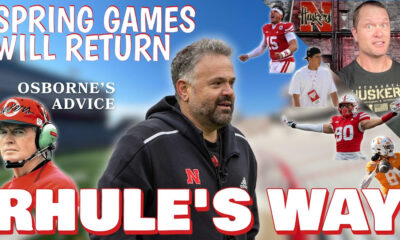

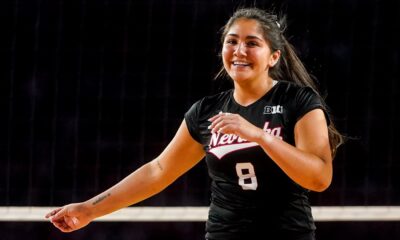

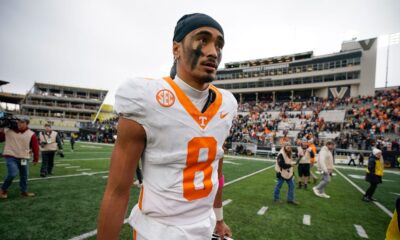



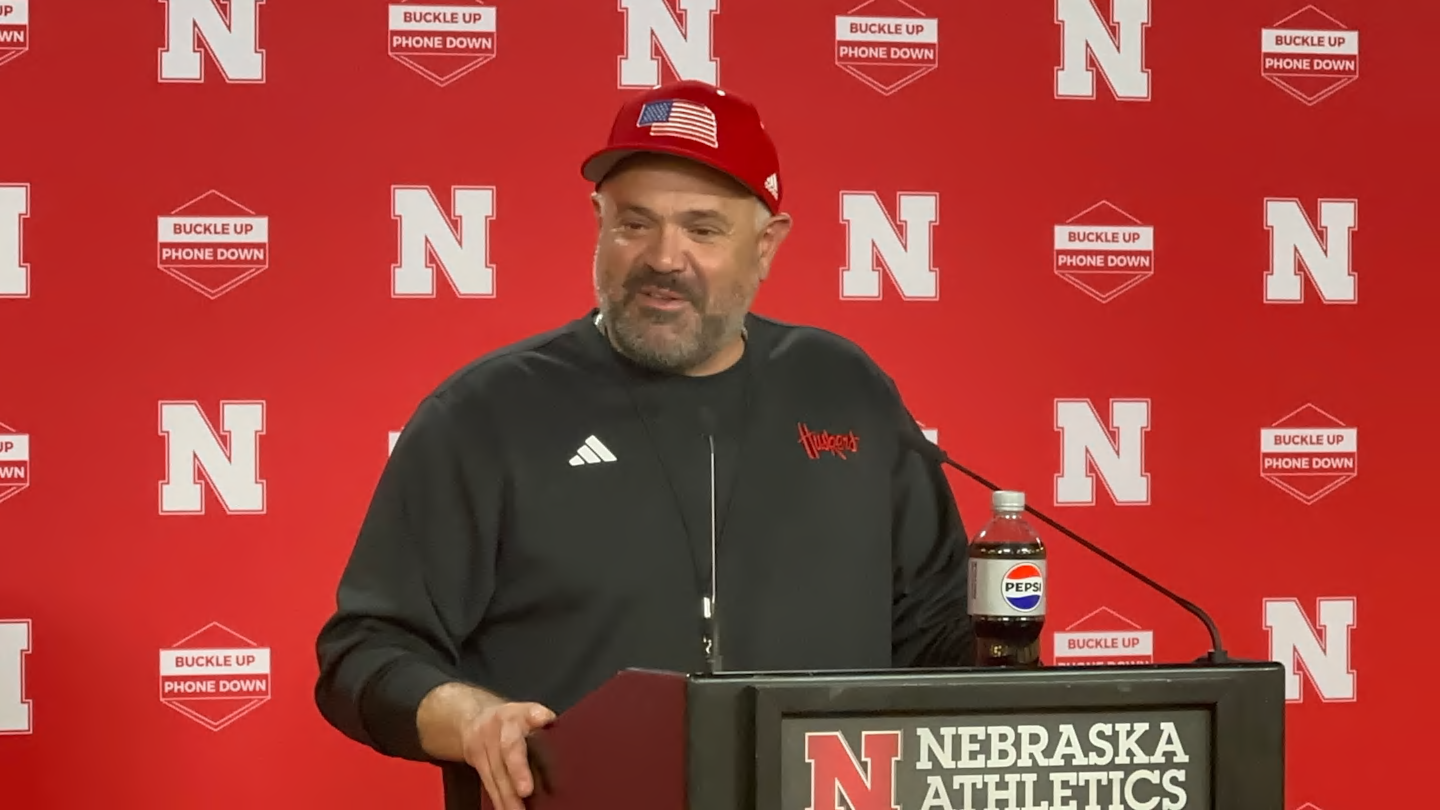

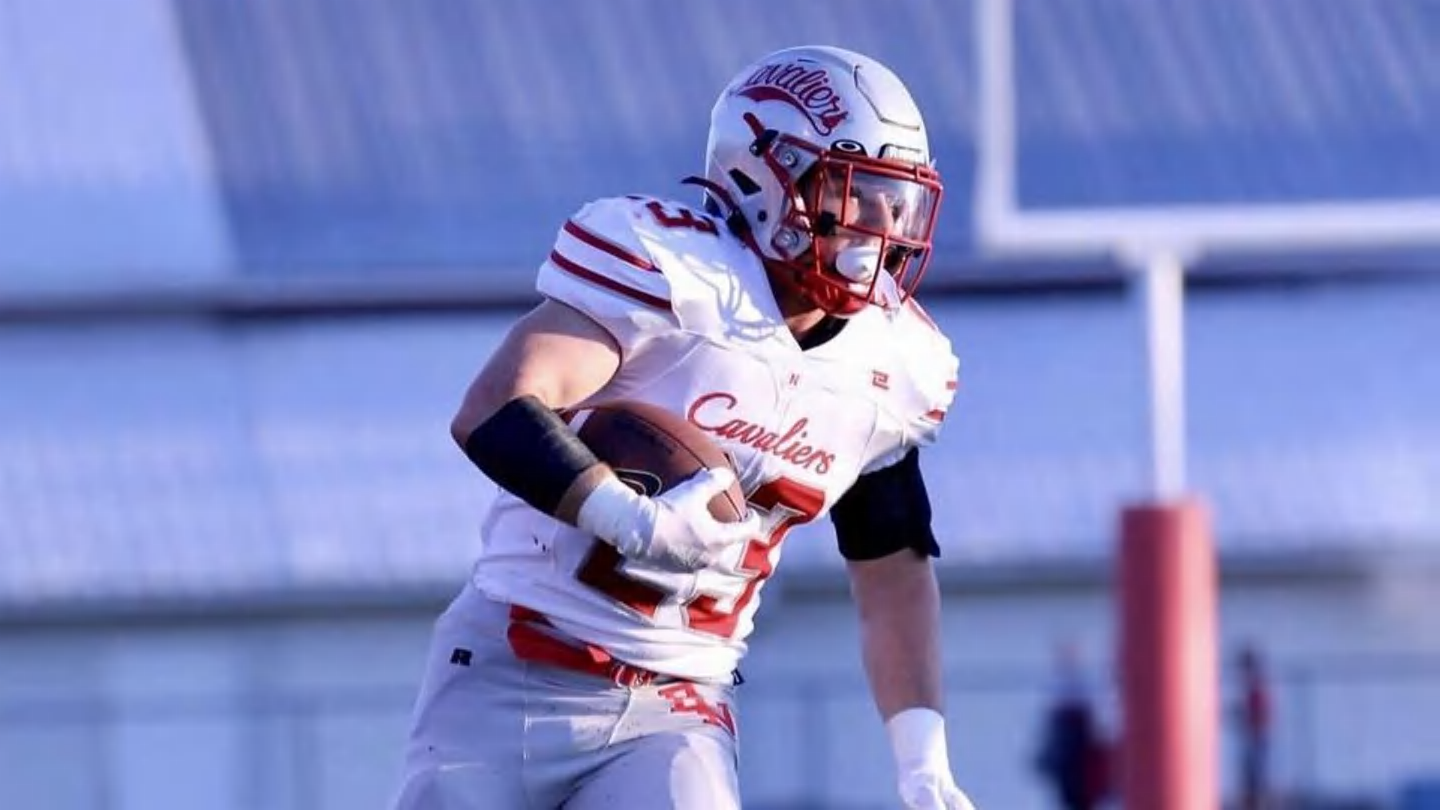

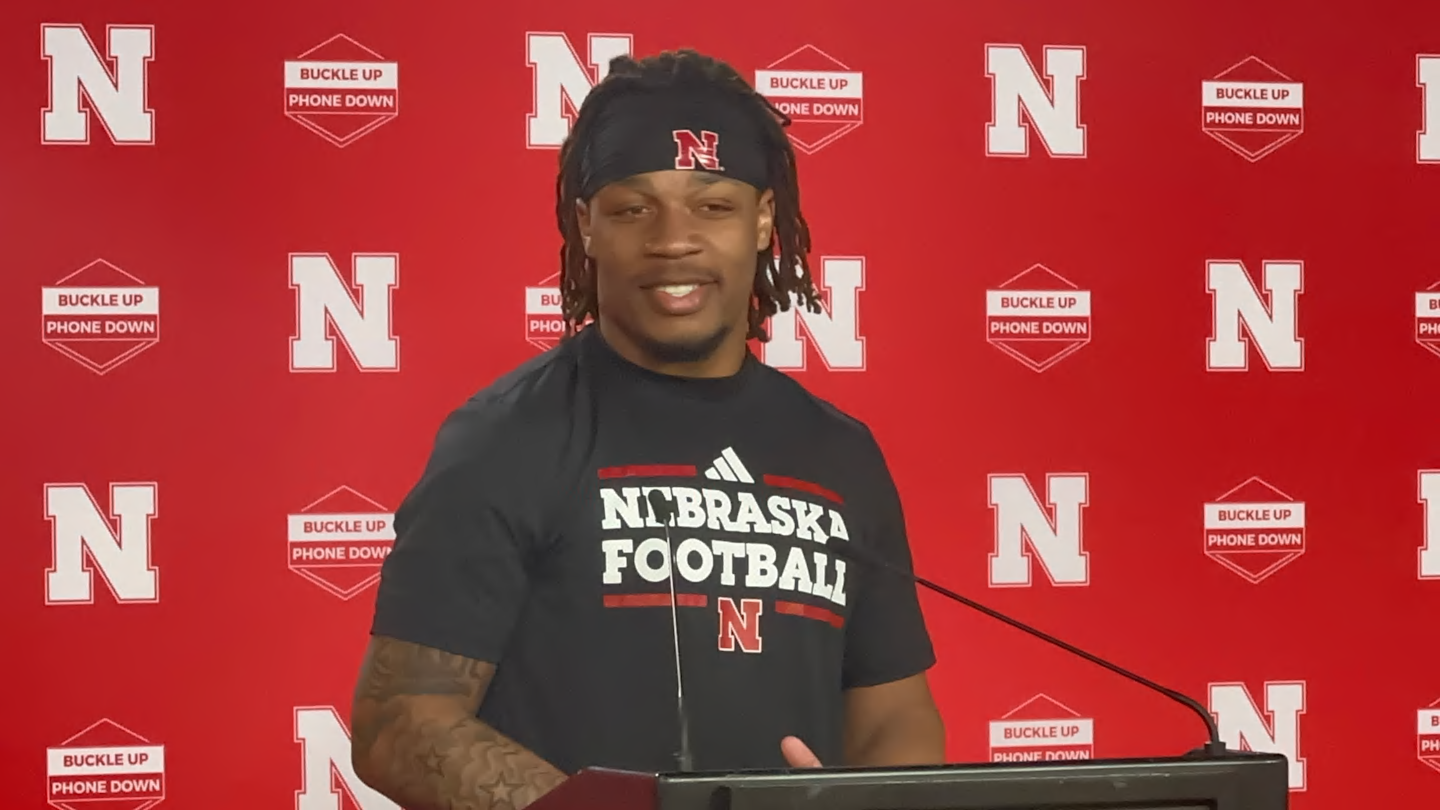


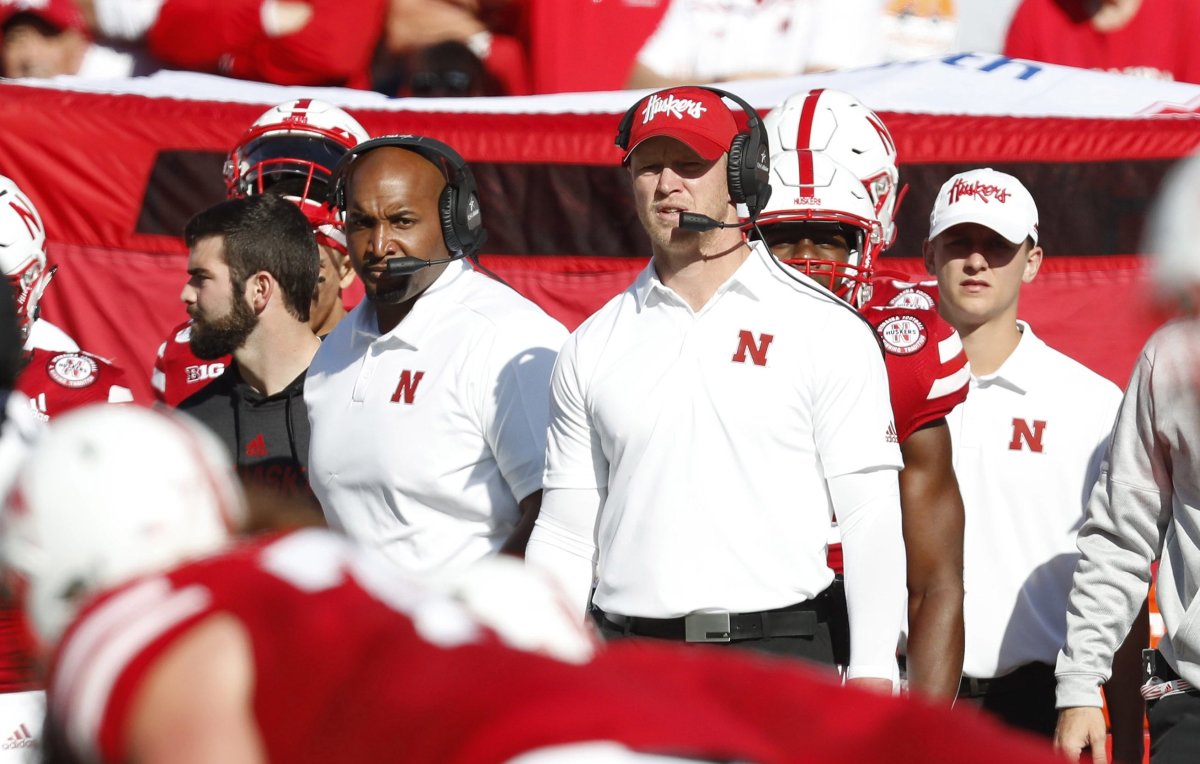

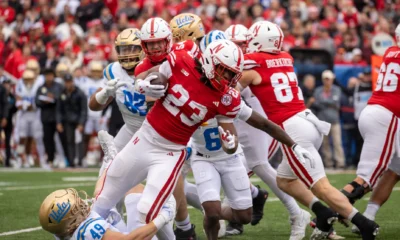

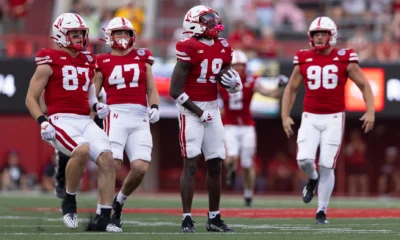

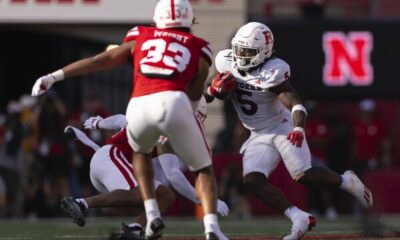




You must be logged in to post a comment Login